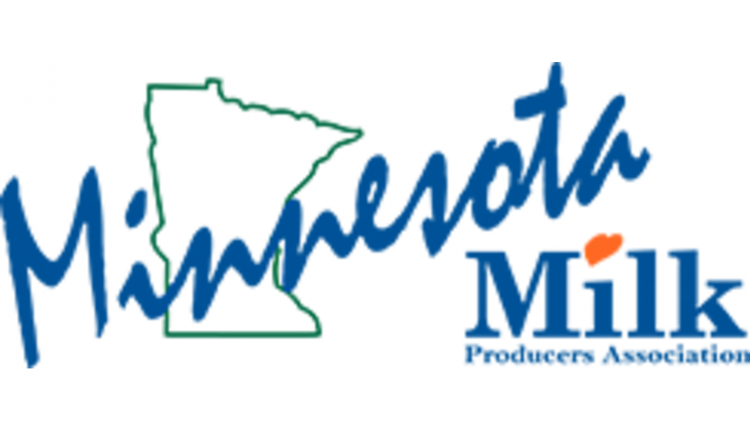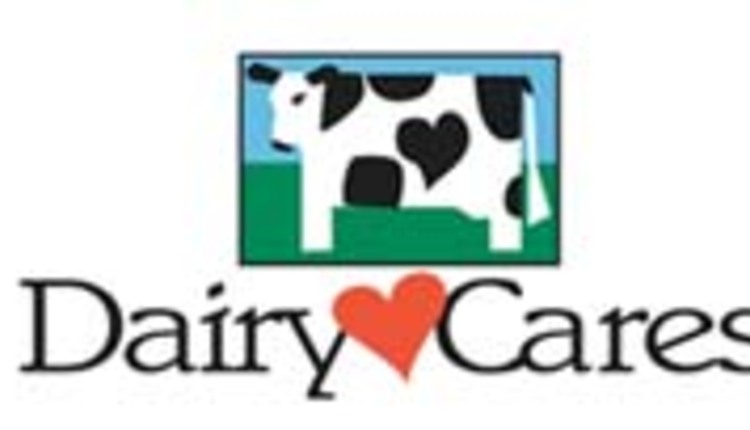As 2012 drew to a close, the prospects of a new farm bill gaining final approval splintered as House leadership refused to bring it forward for a vote. While most components of the expiring farm bill were extended for this year by rolling ag programs into the fiscal cliff legislation, ag's interests were ultimately not well-served by our nation's elected leaders.
As far as dairy is concerned, 2013 will be much of the same with renewal of the MILC program (Milk Income Loss Contract), Dairy Export Incentive Program (DEIP) and dairy product price supports. Unfortunately, DEIP and the dairy price support program represent outdated safety net initiatives that offer no peace of mind for dairy producers nor does it account for the escalating price of feed. That being the case, neither will generate stability under current market conditions. While MILC was renewed with a $7.35 ration adjuster at 45 percent of production, it too offers no projected support based on current futures contracts. Plus, not all milk production is eligible due to its production caps.
In light of the legislative stalemate, the Dairy Security Act (DSA) was kicked to the wayside. While it didn't receive praise from many processors and a few producer groups due to production controls during periods of high milk supply, it did offer margin protection or insurance based on a balanced approach of milk prices and feed costs. The DSA also represented the broadest and most public dairy producer led policy discussion our industry has seen in some time.
What does the future hold? No matter what your opinion on the DSA, dairy and all of agriculture will be a net loser as the farm bill discussions roll into 2013. There will be less money in the pot for agriculture as all new bills will need to fit into the Congressional Budget Office (CBO) scoring which will be at lower levels this year. And with the debt ceiling, gun control and even immigration talks set to take center stage, these matters will push the farm bill back on the legislative priority list.
Ultimately, dairy producers continue to bear the lion's share of production risk in moving milk to consumer. Any system that creates a safety net should keep this in mind. The big question which looms is this: will the remaining dairy groups who were against the DSA offer some reasonable adjustments to the plan or will they simply campaign against any progress in protecting those who produce nature's most perfect but most highly perishable food?
As far as dairy is concerned, 2013 will be much of the same with renewal of the MILC program (Milk Income Loss Contract), Dairy Export Incentive Program (DEIP) and dairy product price supports. Unfortunately, DEIP and the dairy price support program represent outdated safety net initiatives that offer no peace of mind for dairy producers nor does it account for the escalating price of feed. That being the case, neither will generate stability under current market conditions. While MILC was renewed with a $7.35 ration adjuster at 45 percent of production, it too offers no projected support based on current futures contracts. Plus, not all milk production is eligible due to its production caps.
In light of the legislative stalemate, the Dairy Security Act (DSA) was kicked to the wayside. While it didn't receive praise from many processors and a few producer groups due to production controls during periods of high milk supply, it did offer margin protection or insurance based on a balanced approach of milk prices and feed costs. The DSA also represented the broadest and most public dairy producer led policy discussion our industry has seen in some time.
What does the future hold? No matter what your opinion on the DSA, dairy and all of agriculture will be a net loser as the farm bill discussions roll into 2013. There will be less money in the pot for agriculture as all new bills will need to fit into the Congressional Budget Office (CBO) scoring which will be at lower levels this year. And with the debt ceiling, gun control and even immigration talks set to take center stage, these matters will push the farm bill back on the legislative priority list.
Ultimately, dairy producers continue to bear the lion's share of production risk in moving milk to consumer. Any system that creates a safety net should keep this in mind. The big question which looms is this: will the remaining dairy groups who were against the DSA offer some reasonable adjustments to the plan or will they simply campaign against any progress in protecting those who produce nature's most perfect but most highly perishable food?
This Hoard's Dairyman editorial appears on page 62 of the January 25, 2013 issue.










